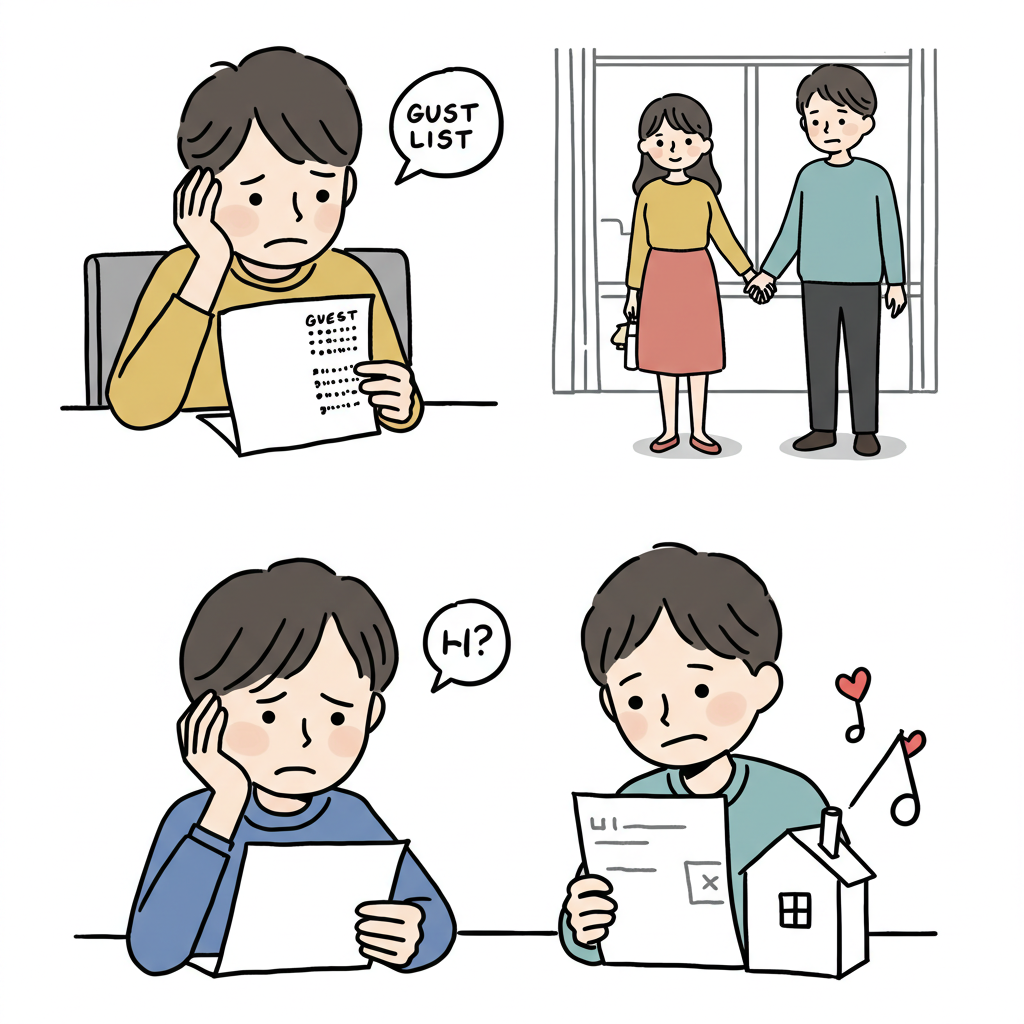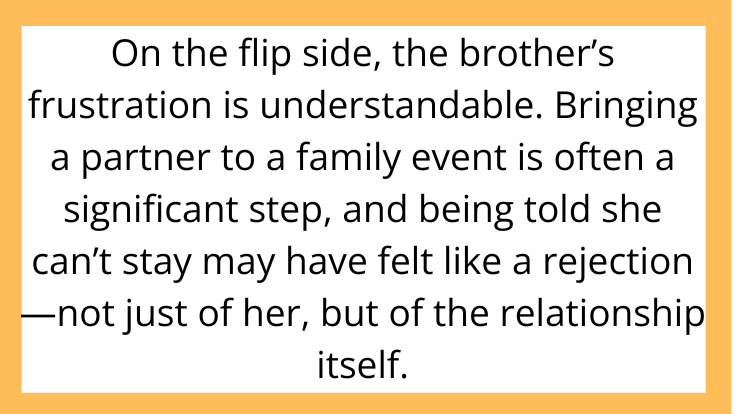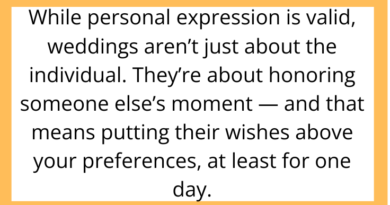AITAH for Not Letting My Brother’s New Girlfriend Stay at My House During the Holidays?
The holiday season is supposed to bring people together—but what happens when that togetherness starts to feel like a boundary violation? A recent dilemma from the r/AITAH community sparked heated discussion after one user asked if they were in the wrong for refusing to let their brother’s new girlfriend stay over during the holidays.
While some saw the decision as cold or exclusionary, others defended the right to set personal boundaries—even during the most “family-focused” time of year. In this blog post, we’ll unpack the situation, explore both perspectives, and talk about where to draw the line between hospitality and self-respect.
The Situation: A Guest You Barely Know

According to the post, the original poster (OP) had agreed to host the family Christmas gathering. This included cooking, prepping guest rooms, and making space for several relatives. A week before the event, OP’s brother asked if his new girlfriend of three months could join and stay the entire week at OP’s house.
OP declined, citing the lack of space and discomfort with having someone they barely knew sleeping over. The brother was furious, accusing OP of being unwelcoming and disrespectful to his relationship. Some family members took his side, saying OP should’ve been more accommodating.
Now OP is wondering—were they too harsh, or just enforcing fair boundaries?
Why Setting Boundaries at Home is Reasonable

Let’s be clear: your home is your sanctuary. You’re not obligated to open your doors to everyone just because it’s the holidays. Here’s why OP’s stance is valid:
-
Comfort and privacy: Hosting a week-long guest—especially a stranger—can be draining.
-
Limited space: Not all homes can accommodate extra people comfortably.
-
Emotional bandwidth: The holidays are already stressful; adding unfamiliar dynamics can increase tension.
Setting healthy boundaries doesn’t make you rude—it shows self-awareness and maturity.
The Other Side: Are You Sending the Wrong Message?

On the flip side, the brother’s frustration is understandable. Bringing a partner to a family event is often a significant step, and being told she can’t stay may have felt like a rejection—not just of her, but of the relationship itself.
Critics of OP’s decision pointed out:
-
It’s a family event: Being inclusive might help the girlfriend feel welcome.
-
Three months is significant: For some, that’s long enough to start introducing partners to family.
-
There may have been room to compromise: Could she stay for a shorter visit? Or sleep elsewhere but still be included in festivities?
The key issue here may not have been the “no” itself, but how it was communicated.
How to Say No Without Creating Conflict

If you’re in a similar position—trying to set boundaries without sparking family drama—here are a few tips:
-
Be early and clear: Let people know your house rules ahead of time.
-
Offer alternatives: Suggest a nearby hotel or offer to help split a short-term rental.
-
Avoid judgment: Don’t criticize their relationship—just explain your comfort level.
-
Stay consistent: If you wouldn’t allow a different sibling’s new partner to stay, your boundary is more likely to be respected.
Saying “no” doesn’t have to mean closing the door on connection—it just means you’re doing what you need to protect your peace.
The Reddit Verdict

As with most posts on r/AITAH, the comment section was split. Many users sided with OP, saying their house, their rules. Others empathized with the brother and suggested that OP could have found a compromise, especially for a once-a-year holiday.
One top comment summed it up well: “You’re not the AH for protecting your space. You might be the AH if you didn’t try to find a kind way to include her in some way.”
Final Thoughts: Boundaries Are a Form of Respect

Hosting people for the holidays doesn’t mean abandoning your limits. Whether you’re dealing with unknown guests, new partners, or awkward requests, it’s okay to say no. The challenge is doing it with compassion, clarity, and consistency.
At the end of the day, we all deserve to feel safe and comfortable in our own homes—even during the most festive times of the year.



